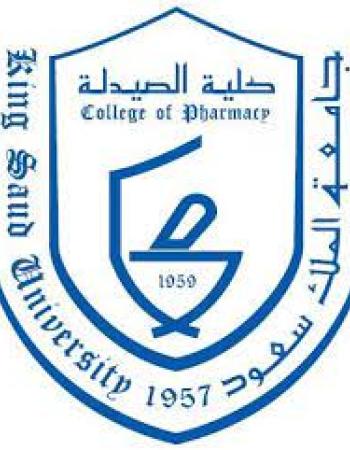The histamine-4 receptor antagonist JNJ7777120 prevents immune abnormalities by inhibiting RORγt/T-bet transcription factor signaling pathways in BTBR T+ Itpr3tf/J mice exposed to gamma rays.
Attia, Sheikh F. Ahmad, Ahmed Nadeem, Mushtaq A. Ansari, Saleh A. Bakheet, Haneen A. Al-Mazroua, Mohammad R. Khan, Abdullah F. Alasmari, Wael A. Alanazia, Homood M. As Sobeaia, Sabry M. . 2019
Autism is a neurodevelopmental disorder characterized by deficits and qualitative impairments in communication and implicit skill learning. Its prevalence is higher than previous estimates, and treatments have limited efficacy and are costly. Here, we assessed the therapeutic potential of JNJ77777120 (JNJ), a histamine-4 receptor (H4R) antagonist, using BTBR T+ Itpr3tf/J (BTBR) mice, a confirmed model of autism, and C57BL/6J (C57) mice, a commonly chosen reference strain. We first examined the effects of JNJ treatment on BTBR mice exposed to gamma-rays (irradiation-exposed) using a three-chambered apparatus. We further investigated the possible molecular mechanisms through which JNJ administration modulates IL-17A-, RORγT-, IL-22-, T-bet-, STAT3-, ICOS-, and Foxp3-producing CD8+ T cells in the spleens of irradiation-exposed BTBR mice. The effects of JNJ administration on the mRNA and protein expression of IL-17A, RORγT, IL-22, T-bet, STAT-3, pSTAT3, IL-10, and Foxp3 in brain tissue were also explored. Results showed that JNJ treatment with irradiation exposure increased social interactions in BTBR mice compared to that in irradiation-exposed BTBR mice. Additionally, JNJ-treated and irradiation-exposed BTBR mice exhibited decreases in IL-17A-, RORγT-, IL-22-, T-bet-, and STAT3-producing CD8+ T cells and increases in ICOS- and Foxp3-producing CD8+ T cells. Moreover, JNJ treatment and irradiation exposure in BTBR mice regulated the mRNA and protein expression levels of IL-17A, RORγT, IL-22, T-bet, STAT3, pSTAT-3, IL-10, and Foxp3 in the brain tissue. These results suggest that JNJ is useful for the treatment of autism, as this H4R antagonist could block inflammatory cytokine production and transcription factor signaling.

Autism spectrum disorder (ASD) is a prevalent neurodevelopmental disorder characterized by deficits in social interaction, communication, and repetitive behaviors. BTBR T+ Itpr3tf/J (BTBR) mice, a…

Autism is a neurodevelopmental disorder characterized by deficits and qualitative impairments in communication and implicit skill learning. Its prevalence is higher than previous estimates, and…

Information regarding DNA repair in autism is limited to a few studies, which have reported inconsistent results.

